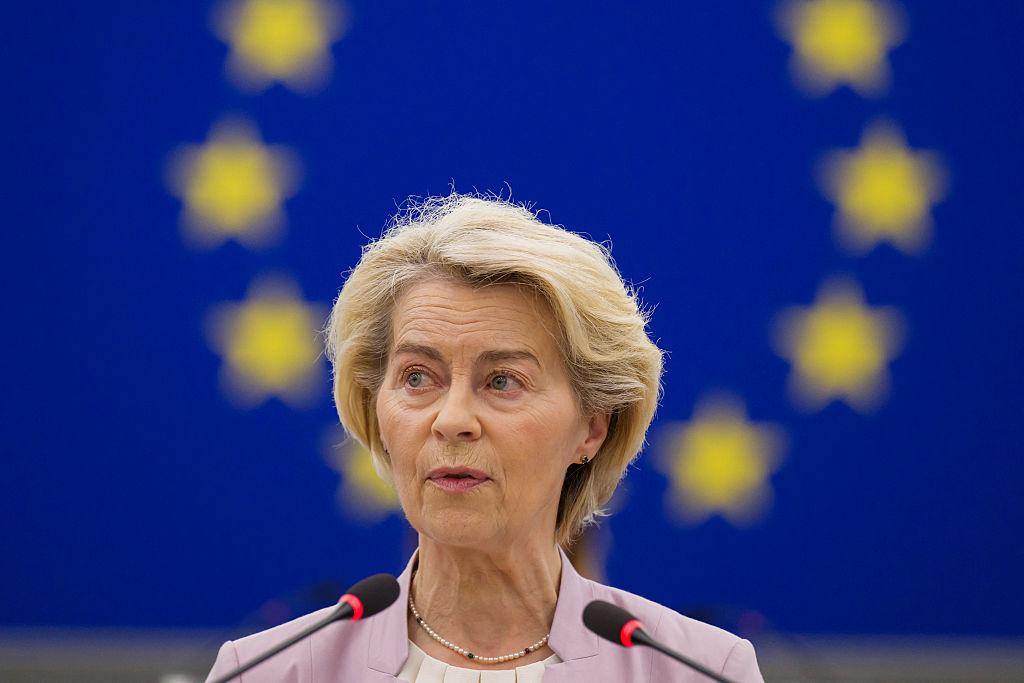Why the EU Should Consider Another ‘Mini Deal’ with Trump
As the deadline for Trump’s tariffs approaches, the debate around striking a limited agreement gains traction. Myron Brilliant emphasizes the importance of clarity over perfection in the current transatlantic trade landscape.
The Urgency of Clarity Amid Economic Uncertainty
With the threat of steep tariffs on EU goods looming, the need for stability becomes paramount. The recent tariff escalations by the U.S., including a proposed 10% standard tariff on all EU products, have put European leaders in a challenging position.
Fractures and Unity in EU Response
European countries are divided in their approach to the tariff negotiations. While export-oriented nations like Germany and Ireland push for a swift resolution to protect vital sectors, others, such as France and Spain, advocate for a balanced deal that avoids one-sided terms.
Navigating the Negotiation Tightrope
The European Commission, led by Ursula von der Leyen, faces the delicate task of balancing a unified stance with individual member state interests. The choice between accepting basic tariffs, potentially around 10%, or facing escalating trade tensions underscores the complexity of the situation.
The Case for a ‘Mini Deal’
Amid the looming threat of detrimental tariffs on both sides, a limited agreement is presented as a pragmatic solution. Focusing on achievable areas of progress such as digital trade, regulatory alignment, and sector-specific issues could pave the way for a mutually beneficial outcome.
Lessons from Past Agreements
Reflecting on previous trade negotiations, including the failed Transatlantic Trade and Investment Partnership (TTIP) and the recent U.S.-UK ‘Economic Prosperity Deal,’ underscores the value of incremental progress over ambitious yet unattainable goals.
Looking Beyond Trade Implications
While the immediate focus is on trade dynamics, the broader strategic implications of a U.S.-EU agreement are significant. Strengthening economic ties can enhance security cooperation and send a powerful message to global competitors.
The Imperative of Predictability
Business leaders stress the need for predictability and stability in transatlantic trade relations. A ‘mini deal’ may not be ideal, but it offers a tangible path forward that can avert the negative consequences of a tariff escalation.
By prioritizing clarity and cooperation over perfection, the EU and the U.S. can demonstrate their commitment to a resilient partnership in the face of challenging geopolitical and economic realities.


